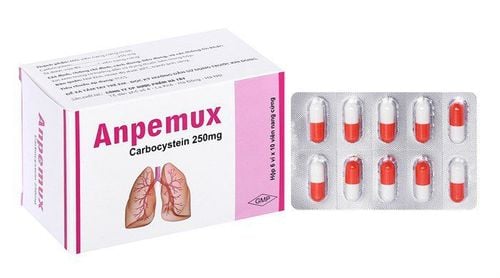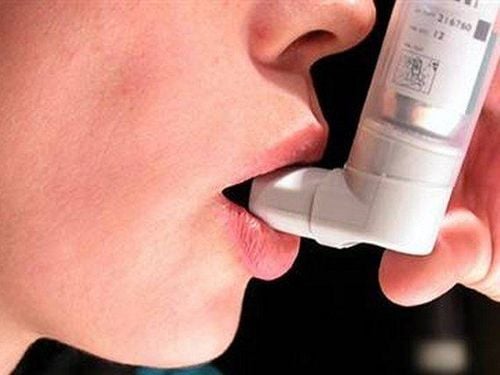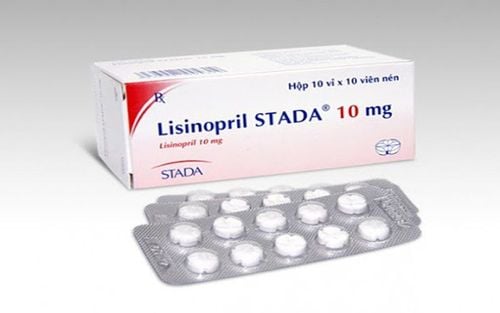This is an automatically translated article.
The article is professionally consulted by Master, Doctor Nguyen Tung Hoanh - Interventional Cardiologist - Department of Resuscitation - Emergency - Vinmec Nha Trang International General Hospital. The doctor has a lot of experience and strength in Resuscitation - Cardiac Emergency. circuit.Chronic Obstructive Pulmonary Disease (COPD) is a very common chronic respiratory disease, which is a blockage of airflow in the airways. In particular, heart failure is one of the most common complications associated with patients with chronic obstructive pulmonary disease.
1. What is Chronic Obstructive Pulmonary Disease (COPD)?
Chronic obstructive pulmonary disease (COPD) is a chronic disease of the airways. COPD includes emphysema and chronic bronchitis, with the pathogenesis being increased damage to the air sacs in the lungs and inflammation of the airways in the lungs.Clinical symptoms of chronic obstructive pulmonary disease (COPD) include cough, dyspnea, wheezing, and increased sputum secretion.
The main reason why patients are hospitalized is COPD exacerbations and the dangerous complications of COPD exacerbations.
2. Complications of COPD exacerbations
Chronic obstructive pulmonary disease (COPD) has caused serious, life-threatening complications. These complications occur both pulmonary and extrapulmonary and include:2.1. Pneumothorax The long-term obstruction of the airways leads to a situation where inhaled air cannot be exhaled, so it accumulates and dilates the alveoli in COPD, causing emphysema. These alveoli then thin out and burst into the pleural space causing pneumothorax.
2.2 Increased pulmonary artery pressure Dilated alveoli cause compression of pulmonary capillaries leading to increased pulmonary artery pressure. In addition, prolonged lack of oxygen also causes this complication.
2.3. Heart failure This is one of the most severe COPD exacerbations. This phenomenon occurs when pulmonary arterial pressure is increased with chronic hypoxia, resulting in right-sided heart failure.
The gradual right heart failure + chronic hypoxia will lead to left heart failure, or total heart failure
2.4. Some other complications In addition to the above common complications, chronic obstructive pulmonary disease (COPD) also leaves some complications as follows:
Lung cancer. Gastroesophageal reflux. Osteoporosis. Malnutrition. Neurological complications of COPD.
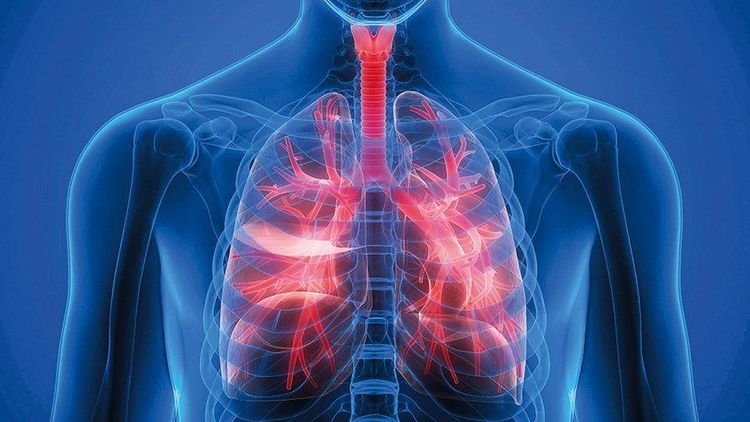
Bệnh phổi tắc nghẽn mạn tính (COPD) đã gây ra những biến chứng nguy hiểm, đe dọa đến tính mạng người bệnh
3. Why does COPD cause right heart failure?
The right heart failure complication of chronic obstructive pulmonary disease (COPD) is caused by the right ventricle of the heart performing the job of pumping blood into the pulmonary artery to carry blood to the lungs, with pulmonary artery pressure causing the heart to rise. The right ventricle becomes heavy and has to work harder, causing the right heart to fail. The state of right-sided heart failure in patients with COPD is also known as cor pulmonale.The clinical symptoms of right heart failure due to hemodynamic stagnation in the venous system + increased pressure in the right ventricular chamber will cause the following:
The right ventricle beats at the sternal tip. Big liver. Distended neck veins. Lower extremity edema. When the disease progresses more seriously and the right heart can no longer perform its pumping function, it will cause peripheral blood stagnation, so the following signs will appear:
Whole body edema, concave pressure. Peritoneal effusion. Pleural effusion. Testicular effusion.
4. Other effects of COPD on the heart
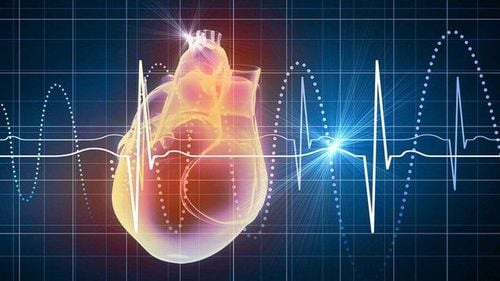
Những bệnh nhân đợt cấp COPD cũng có thể gặp phải trường hợp loạn nhịp tim
4.2. Other cardiovascular effects In addition to atrial fibrillation, patients with COPD may experience other arrhythmic complications such as:
Multifocal atrial tachycardia. Extrasystoles of all kinds. Cardiovascular complications are common complications for patients with chronic obstructive pulmonary disease (COPD), with poor prognosis and dangerous clinical manifestations. Therefore, heart failure in patients with COPD needs to be evaluated and treated appropriately.
Please dial HOTLINE for more information or register for an appointment HERE. Download MyVinmec app to make appointments faster and to manage your bookings easily.





